New Delhi: Union Minister of State (Independent Charge) Science & Technology; MoS PMO, Personnel, Public Grievances, Pensions, Space and Atomic Energy, Dr Jitendra Singh announced that India has laid out concrete plans to achieve its “Net Zero” emissions target by 2070.
“We are fully committed to contribute in attaining the United Nations Sustainable Development Goals (SDGs) – by way of Research and Innovation through international collaboration and partnerships,” he said, while delivering the keynote address at the “Global Sustainability Alliance” meet on September 28.
Under the Panchamrit action plan, India has plans to attain both short and long-term targets. The nation will start with reaching a non-fossil fuel energy capacity of 500 GW by 2030, fulfilling at least half of its energy requirements via renewable energy by 2030, reducing CO2 emissions by 1 billion tons by 2030 and reducing carbon intensity below 45 percent by 2030, concluding with achieving a Net-Zero emission target by 2070.
The union minister stated that Mission Innovation (MI) and the International Solar Alliance, led by Prime Minister Narendra Modi, were announced at COP21 in 2015 when he received the ‘Champions of Earth Award 2018’ from the United Nations.
Dr. Singh mentioned that the Indian government, through public-private partnerships, is ensuring funding for clean energy innovations as outlined in Mission Innovation 2.0. He noted that the Clean Energy Ministerial (CEM) setup offers India a unique platform to showcase its contributions to clean energy development both nationally and globally.
Referring to the recent G20 Summit, he highlighted that the New Delhi Declaration committed to implementing India’s ‘Lifestyle for Environment Mission’ (LiFE) initiative and promoting Artificial Intelligence to achieve the UN Sustainable Development Goals (SDGs). He also mentioned that through the adoption of the ‘Green Development Pact,’ G-20 reaffirmed its commitment to sustainable and green growth.
The union minister emphasised that the Global Biofuels Alliance (GBA), led by India, Brazil, and the United States as major biofuel producers and consumers, will significantly contribute to India’s goal of achieving Net Zero emissions by 2070, aligning with the MDG Goals.
Dr. Jitendra pointed out that India is at the forefront of addressing the global challenge of Climate Change and has committed to ambitious Nationally Determined Contributions (NDCs), aiming to reduce emission intensity by 33-35% by 2030 compared to 2005 levels. He also mentioned that India has already achieved its commitment of 40% energy production from renewable sources, surpassing the 2030 Paris Agreement target in the past nine years.
Furthermore, the union minister reiterated that India is currently implementing the world’s largest Renewable Energy (RE) expansion program, with plans for a five-fold increase in overall RE capacity. He stated that India has developed a roadmap and strategy for a Bio-based economy, with a goal of reaching 150 billion USD by 2025.










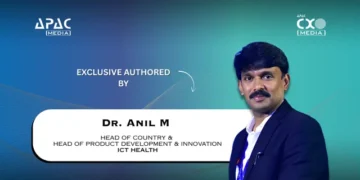



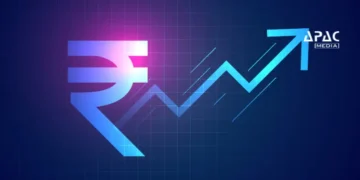




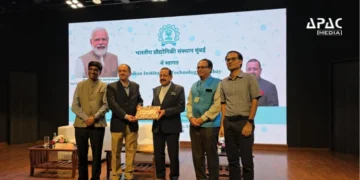
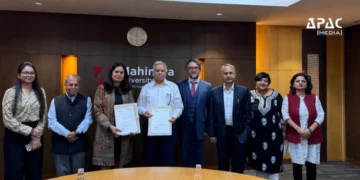












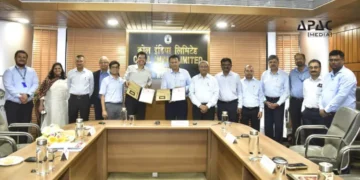
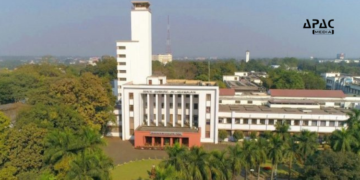














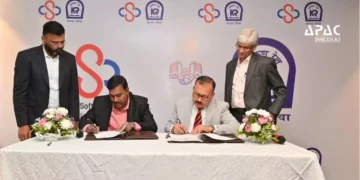

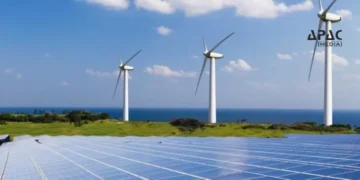
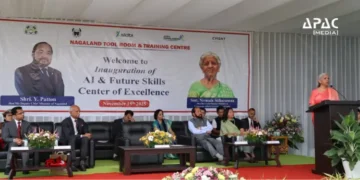

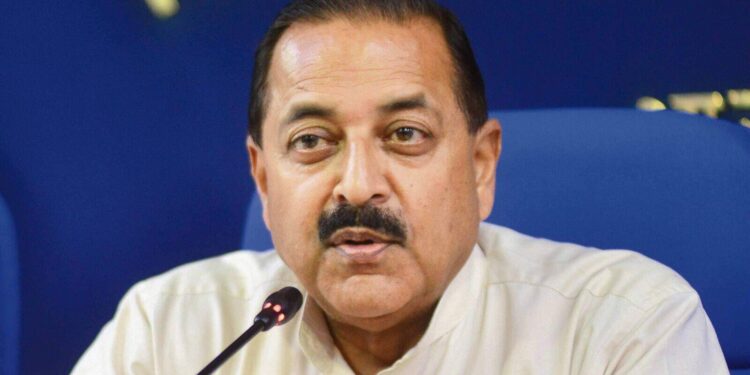


















Discussion about this post